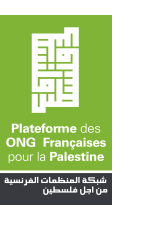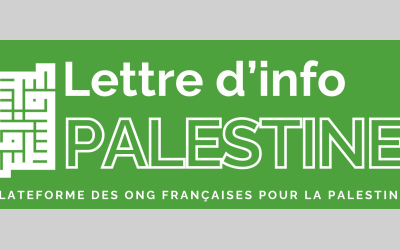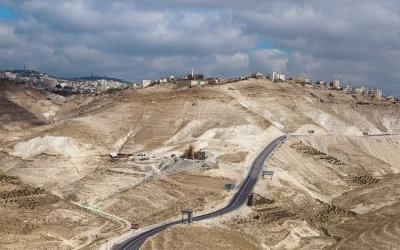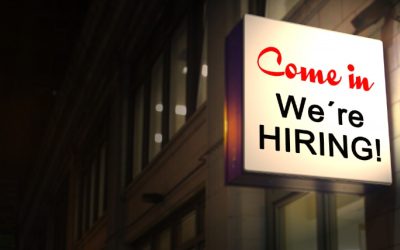

Palestinian farmers fear advance of West Bank wall
Palestinian farmers fear advance of West Bank wall
By Sharmila Devi
Last updated : September 22 2006 18:36
http://www.ft.com/cms/s/b81fa702-4a...
Aziz al-Sous, a Palestinian farmer, climbs into a concrete pen holding at least two dozen piglets and makes two big nursing mothers squeal shrilly. “I can get in here because the mothers know me ; anyone else they would kill.”
His Greek Orthodox family has been in the pig business since his father sold pork to British soldiers during the mandate period in the first half of the last century. Down the road from the pig farm are his orchards, where figs, grapes, pears and other produce grow in abundance.
His land borders a road that connects Jerusalem with Jewish settlements in the southern West Bank. Israeli soldiers at a nearby checkpoint often close the road to Palestinian traffic. Although they do not know the exact route, Mr Sous and his neighbours in Beit Jala, near Bethlehem, know Israel plans to extend its West Bank separation barrier southwards.
They have watched the effects of the wall in the northern West Bank and fear further land confiscations, shrinking markets and the erosion of their sphere of existence.
He used to sell the meat of up to 40 pigs a week but now only sells around six as he cannot travel to the main market of Jerusalem and customers cannot reach him because of checkpoints and the wall, which almost completely encloses the Bethlehem district.
Customers for his pork, banned under Muslim and Jewish dietary laws, are mainly fellow Christians who make up 2 per cent of the Palestinian population.
“When Israel closes the roads, I sometimes carry the meat on my back to try to get to customers,” says Mr Sous, who is 50. “Israel has already confiscated about 15 dunums [four acres] of my land and they built the checkpoint on some of it.”
Israel began building the barrier in 2002 but construction has been slow. The barrier’s route loops in many places to take in Palestinian land and deviates from the 320km-border with the West Bank, which Israel conquered in the 1967 war. The United Nations estimates the final length of the barrier at some 700km.
Ariel Sharon, former Israeli prime minister, said last year the barrier’s route was chosen to include the minimum number of Palestinians on Israel’s side.
A spate of recent land confiscations and Israeli construction tenders have aroused more fear and insecurity for Mr Sous. Last week, Israeli military forces dropped leaflets on the residents of al-Khader village, near Beit Jala, informing them of plans to confiscate another 100 dunums of land.
Mr Sous’s pig farm is also near the Cremisan winery, run by monks of the Silesian order. In June, Israeli bulldozers began tearing down olive trees there as they began to mark out the next phase of the wall. Israel has also published tenders to build new settler homes across the West Bank.
Palestinians cannot live in the settlements, which are illegal under international law. Around 250,000 Jewish settlers live in the West Bank and a further 200,000 in Israeli-annexed east Jerusalem.
“The people of Bethlehem are united in their message to the international community : if you want to help us, stop the construction of Israel’s wall,” said a statement by Leila Sansour, chief executive of Open Bethlehem, a civil society group aimed at helping the city.
Mr Sous continues to farm even though he regards his prospects as bleak.
Fellow farmers in Jayyous, in the region known as the “garden” of the northern West Bank, made a living selling their fruits and vegetables before the wall was built there in 2004. Up to half of the population of 3,500 people now get aid from organisations such as the World Food Programme.
The wall separates the farmers of Jayyous from two-thirds of their land and six water wells, which are now on the Israeli side of the barrier. Two gates that were supposed to allow them access were closed by Israel during harvest times and fruit rotted on the vines.
Mr Sous does not want aid. The Hamas-run Palestinian Authority is under a western aid embargo aimed at moderating the militant group but Mr Sous has no need of aid, so far. “I don’t want to sell my land or leave. I just need to be able to make my living.”
Copyright The Financial Times Limited 2006
Campagne en cours
Dernières publications
 18 avril 2024
Hôpital Al-Shifa, ventes militaires françaises et demande de cessez-le-feu
Analyses politiques et géopolitiques
Colonisation
Eau
Bande de Gaza
Développement
UE/Israël
Politique française
Jérusalem
Autorité palestinienne
Nations unies
Torture et mauvais traitements
Agriculture
Etat de Palestine
Droit international
Solidarité internationale
Enfance/jeunesse
Histoire/analyse politique
Santé
Prisonniers palestiniens
Vallée du Jourdain
Destructions
Aide internationale
La question palestinienne en France
Société (Palestine/Israël)
Occupation/annexion
Hamas
Société civile
Crime de guerre
UE/Palestine
Liberté d’expression
Armement
Violence des colons
Climat/environnement
Apartheid
Guerre
18 avril 2024
Hôpital Al-Shifa, ventes militaires françaises et demande de cessez-le-feu
Analyses politiques et géopolitiques
Colonisation
Eau
Bande de Gaza
Développement
UE/Israël
Politique française
Jérusalem
Autorité palestinienne
Nations unies
Torture et mauvais traitements
Agriculture
Etat de Palestine
Droit international
Solidarité internationale
Enfance/jeunesse
Histoire/analyse politique
Santé
Prisonniers palestiniens
Vallée du Jourdain
Destructions
Aide internationale
La question palestinienne en France
Société (Palestine/Israël)
Occupation/annexion
Hamas
Société civile
Crime de guerre
UE/Palestine
Liberté d’expression
Armement
Violence des colons
Climat/environnement
Apartheid
Guerre
 11 avril 2024
« La France doit interdire le commerce avec les colonies israéliennes »
Produits des colonies
Droit international
Colonisation
11 avril 2024
« La France doit interdire le commerce avec les colonies israéliennes »
Produits des colonies
Droit international
Colonisation
> Toutes les publications










